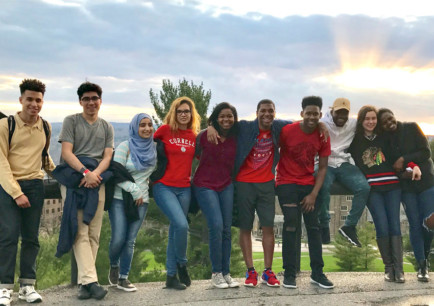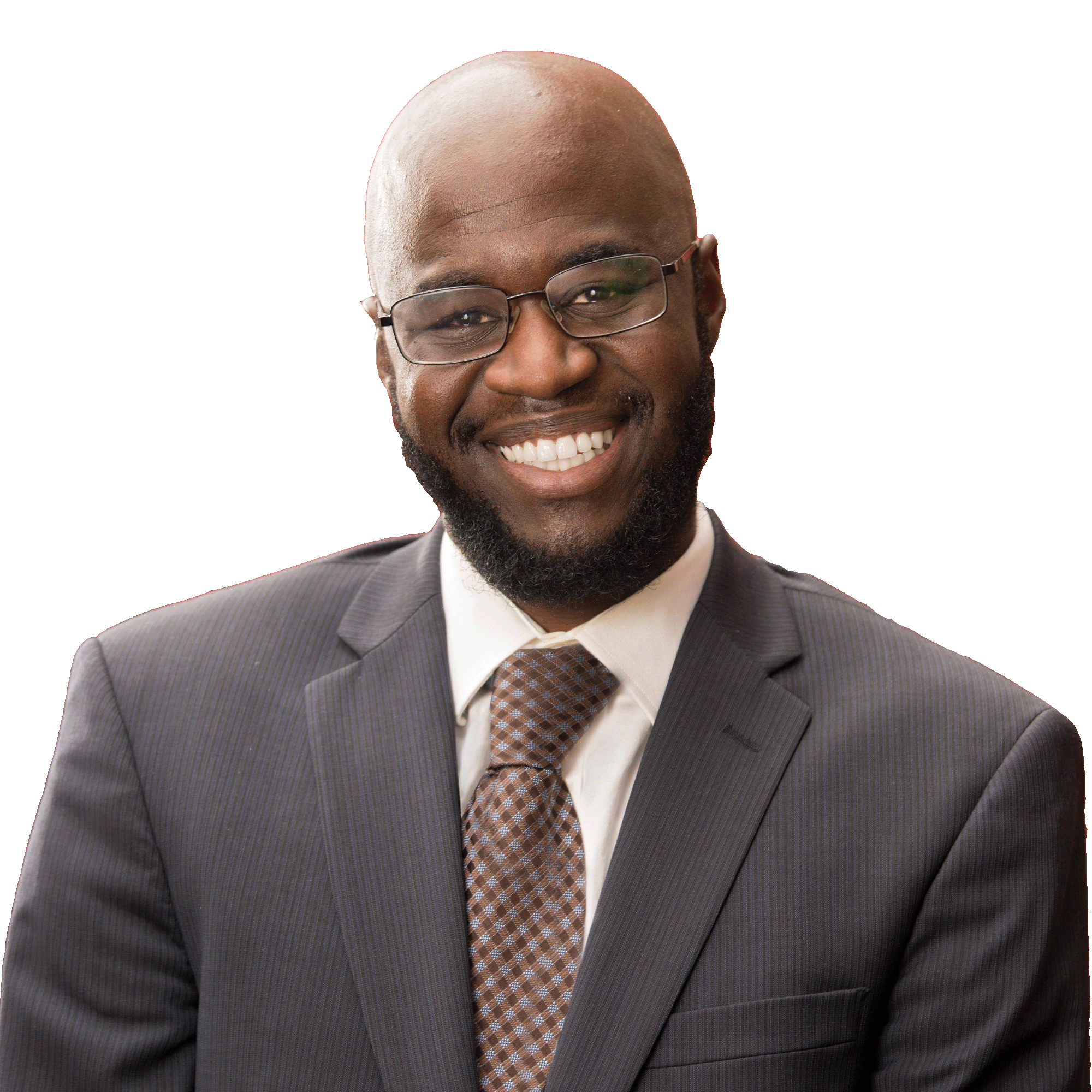Tech entrepreneur deploying big data against cancer
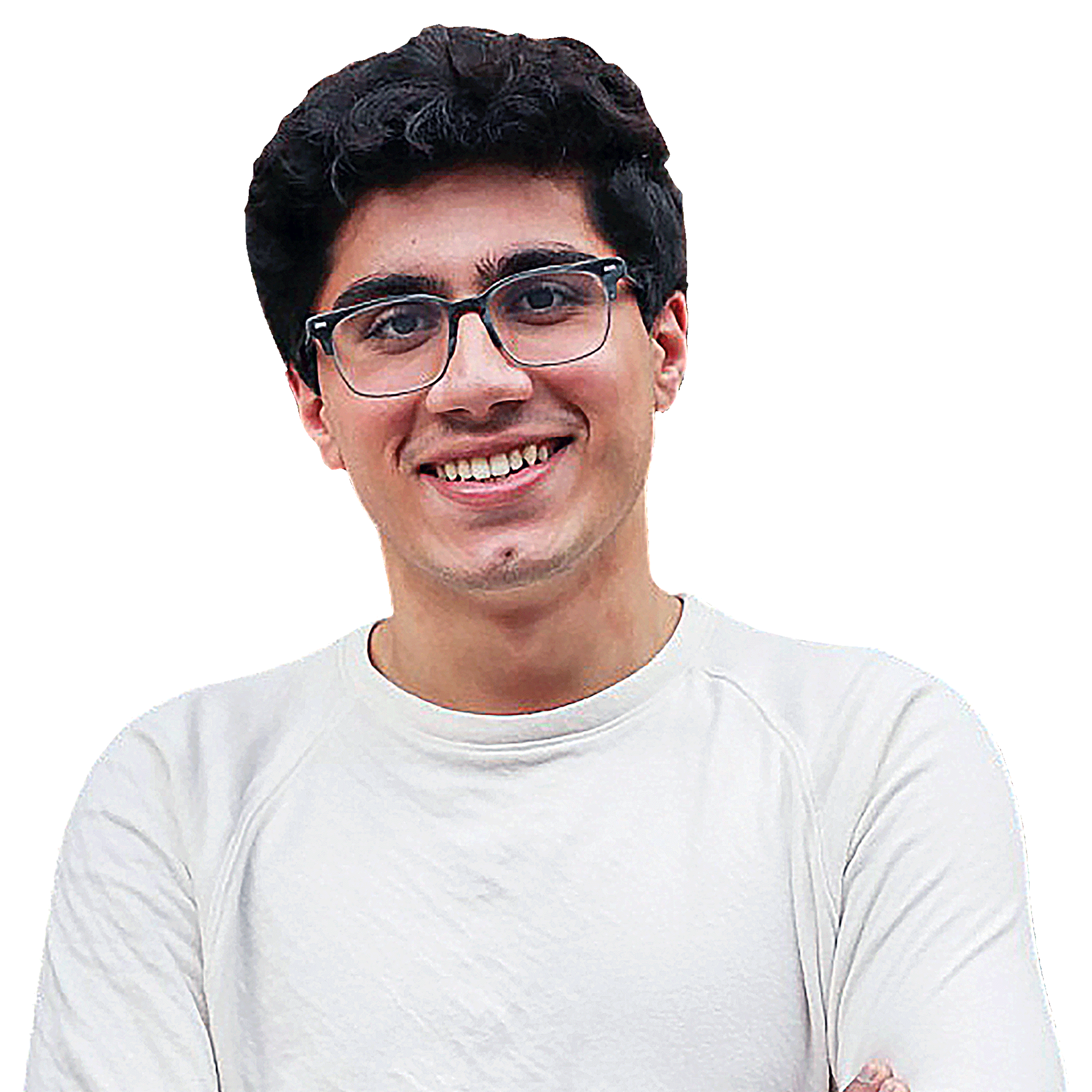
Abu Qader is a first-year Scholar at Cornell University with his eyes set on a major in computer science. He is also a budding entrepreneur working to revolutionize healthcare in developing nations.
The son of Afghan immigrants, Abu grew up in Chicago equipped with a curious mind. At a young age, he set out to read the entire encyclopedia in hopes of knowing everything. He made a habit of taking things apart to understand how they worked—everything from toy helicopters to computers.
"I try to peer into things and figure out how they work," he says. “I visualize the connections.”
When he was 15, Abu went to Afghanistan on a family trip. While there, he got sick and came face-to-face with inequities in the country’s health care services. The hospital he went to had very few doctors and nurses and a mile-long line of patients waiting for treatment. But Abu didn’t have to wait in line. Instead, he received immediate treatment because his family could pay in American dollars.
"I wanted to build something that would help."
“My eyes were opened to the privilege,” he says. “I took so much for granted.”
Raised with a philosophy of helping others, Abu became focused on the idea of revolutionizing healthcare for people in the world who need it most.
In pursuit of this daunting goal, Abu let his curiosity take the lead. He started with a Google search for “machine learning,” which sparked a domino effect of searches. Abu taught himself all he could about artificial intelligence and its ability to make predictions through pattern detection algorithms.
GliaLab began in earnest as a high school computer science project, fueled by Abu’s continued curiosity and motivated by his experiences in Afghanistan. He also incorporated what he had seen of his family’s and friends’ experience with breast cancer.
“I wanted to build something that would help,” he says.
He wound up building a program that uses machine learning to teach computers to recognize patterns in confirmed breast cancer diagnoses. The system has emerged as an incredibly promising new resource for radiologists to be more accurate in diagnoses, proving more accessible and affordable for poorer communities than other available options. GliaLab’s algorithms have achieved a 91 percent accuracy rate, in comparison to the 87 percent accuracy of traditional mammograms.
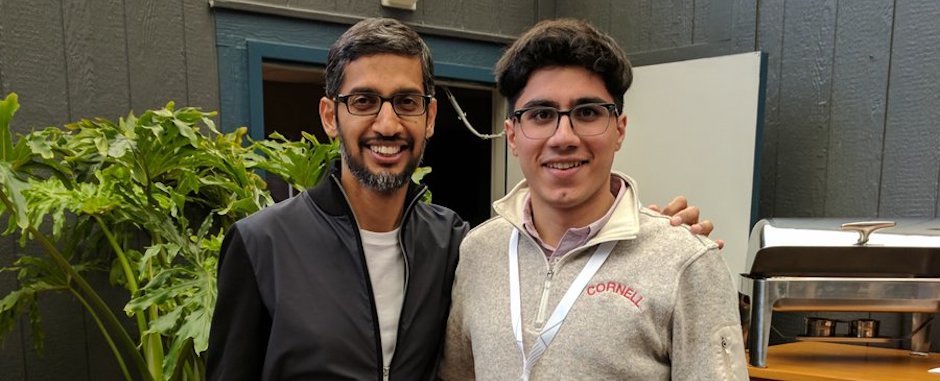
As a first year, Abu is still adjusting to campus life. On top of his courses, he is involved with a Cornell engineering team working to build self-piloting airplanes. He is thankful for the support he receives from his Posse.
"My mentor and Posse mates know me so well; they know what to say when things get stressful," says Abu.
Abu has been featured by both Google and TedxTeen, where he spoke about the ways GliaLab is utilizing technology to help detect cancer. Abu had the opportunity to meet Sunday Pichai, CEO of Google, and connected with many other industry leaders.
Watch: Abu’s TEDxTeen talk
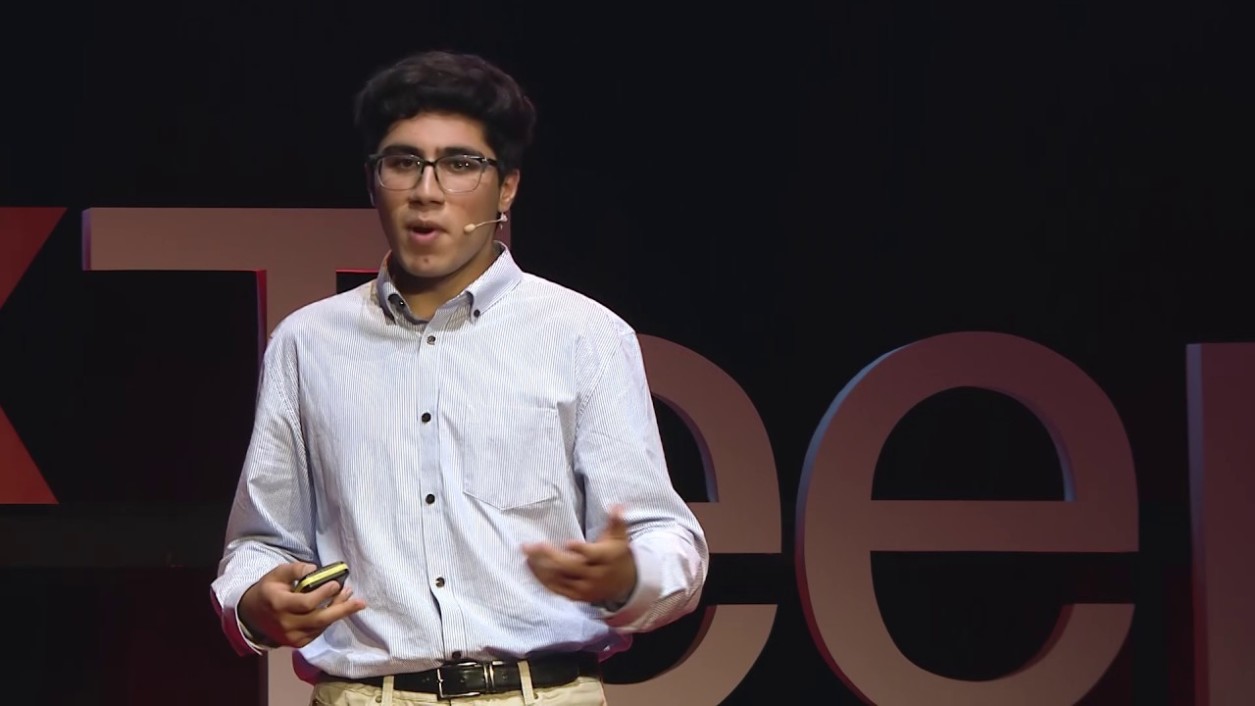
How I Searched My Way To A Cure | Abu Qader | TEDxTeen
At Cornell, Abu continues to be dedicated to GliaLab.
“It’s something I have to fulfill not just for myself but for anyone who could be affected by what we’re building,” he says.
Looking to the future, Abu says he is driven to “lead a global initiative for under resourced scientists, engineers, and software developers to collaborate and create change on a global level.”
“I am a strong believer that with the right motivation, we, as a society, can be successful in conquering any problems we face.”
Feeling the #PosseLove? Doing something exciting that you want to shout from the rooftops? We want to hear about how Posse has affected your life and the world around you.
